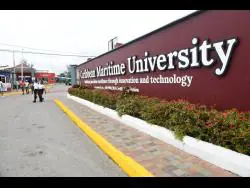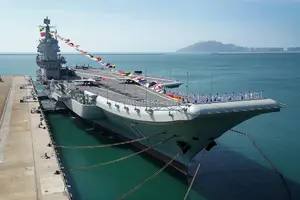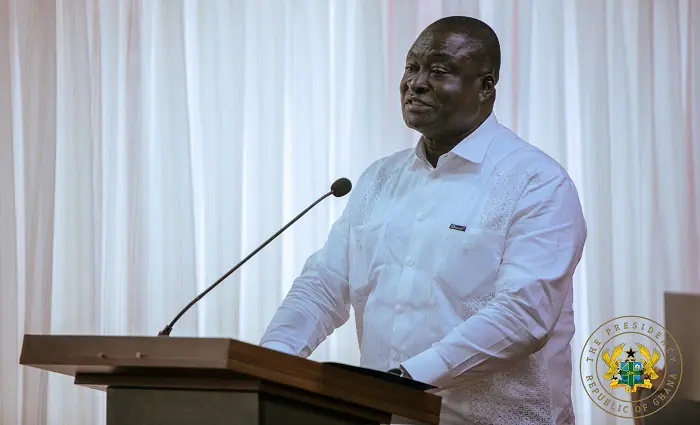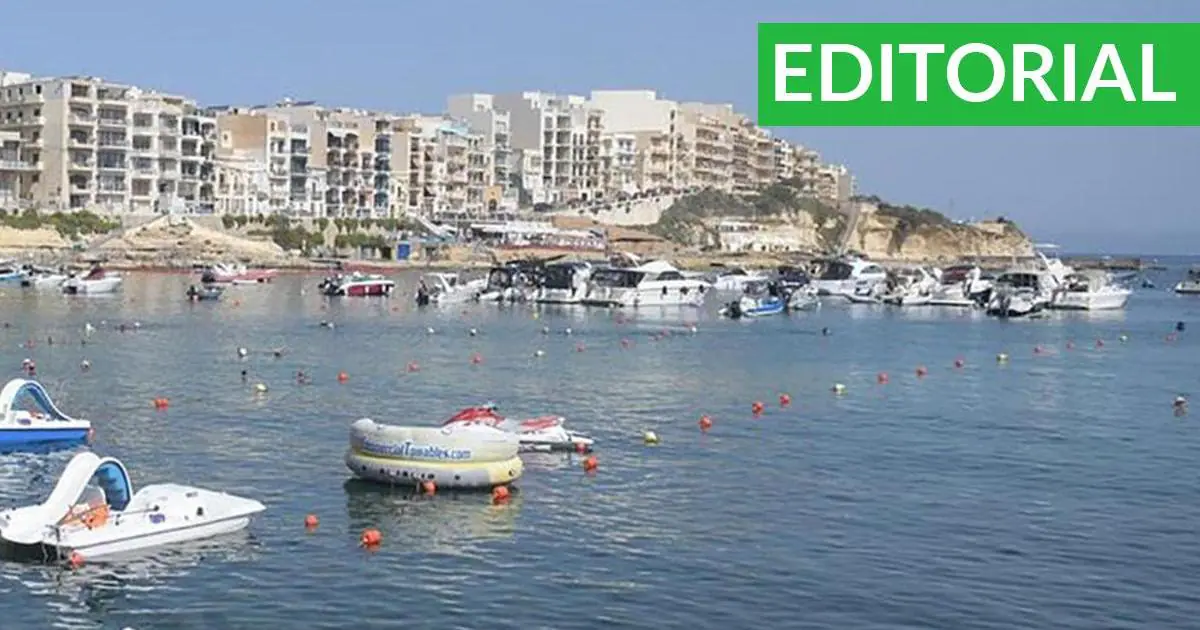The Gleaner expresses support for the Caribbean Maritime University (CMU) as it announces the establishment of a satellite campus in Suriname, in collaboration with the country’s Maritime Authority and Foundation for Logistics Training. The decision highlights a missed opportunity for CMU to first expand into Guyana, considering its emerging oil sector, where demand for skilled labor is anticipated. The Gleaner has long advocated for proactive engagement in both Guyana and Suriname, emphasizing the importance of Jamaica positioning itself strategically to provide goods and services to these booming economies.
CMU’s president, Andrew Spencer, identifies the institution’s mission as central to addressing the skills required in the burgeoning oil and maritime sectors in Suriname and Guyana. CMU aims to instill abilities in engineering, logistics, and seafaring. In previous calls to action, the Gleaner encouraged partnerships between Jamaican institutions like UTech and HEART/NSTA Trust and Guyanese authorities, highlighting opportunities for Jamaicans to explore job prospects in these developing sectors as digital technologies facilitate remote work.
Professor Spencer’s announcement of the Suriname initiative marks CMU’s evolution into a genuine Caribbean institution, promoting regional cooperation in maritime training. CMU’s partnerships with other Caribbean entities, such as the University of Guyana, exemplify functional integration, reducing the need for each territory to create standalone training centers. The accreditation of CMU’s programs by the University Council of Jamaica, alongside compliance with international maritime training standards, underscores its unique position in the region.
However, the Gleaner notes potential pitfalls in CMU’s development. Established as Jamaica Maritime Training Institute (JMTI) through a collaboration between Jamaican and Norwegian leadership, CMU has transitioned over 44 years from a local training facility to a regional university. Despite a period of growth under former president Fritz Pinnock, the institution faced significant challenges in the 2010s, with allegations of fraud and mismanagement leading to reputational damage.
Under new leadership, notably Professor Gordon Shirley and interim president Professor Evan Duggan, efforts were made to restore CMU’s image, which Spencer has continued. Nevertheless, the Gleaner warns Spencer to remain focused on maritime education and avoid distractions. His background in tourism management raises concerns about whether his ambitions may steer CMU away from its primary mission.
The article concludes with a cautionary note to ensure that CMU’s dedication to maritime and related training remains steadfast, avoiding potential misdirection like that previously observed with UTech’s aspirations to broaden its educational focus. As CMU embarks on this new chapter, the importance of clear institutional goals becomes paramount for its ongoing success and contribution to the Caribbean’s maritime landscape.
Source link



